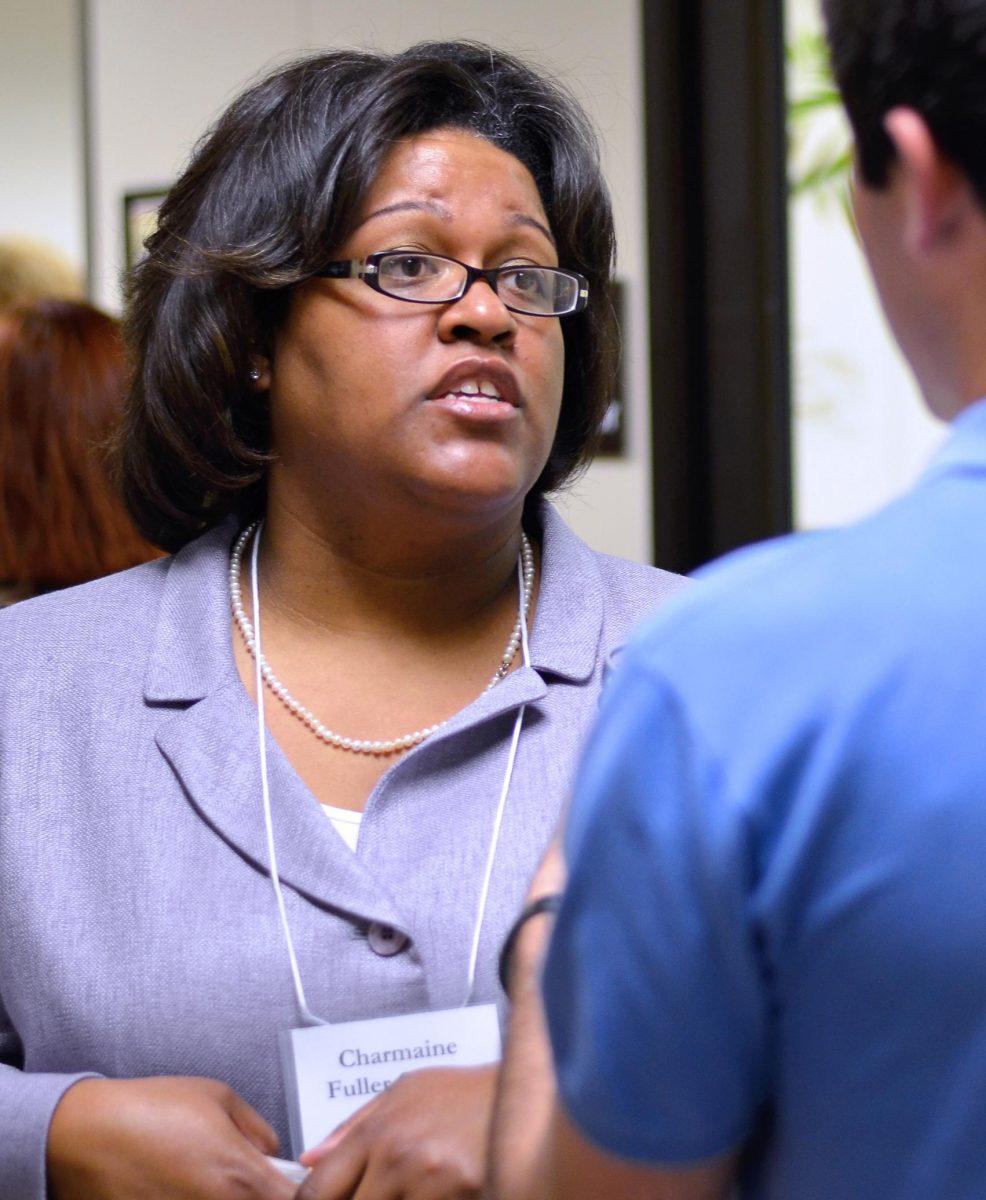The Judicial Committee of the General Assembly met Tuesday afternoon to discuss compensation for victims of North Carolina’s Eugenics Board.
In 1933 the state legislature officially authorized the practice of sterilization via the Eugenics Board of North Carolina. The board actively sanctioned the forced sterilization of an estimated 7,600 people until 1977, when the program was shut down. According to Department of Administration records, many of these victims were African American and female.
In January, a task force of five members approved the recommendation to compensate affected families with a payment of $50,000. Gov . Bev Perdue allotted $10.3 million in her budget proposal to allow these payments. Tuesday’s discussion of the Eugenics Compensation Program bill brought about mixed reactions to the payments, as well as more details on who qualifies to receive them.
Representative Larry Womble of Forsyth County, made a strong appeal when discussing the bill.
“It is a bill that separates North Carolina from the rest of the world,” Womble said. “This is an auspicious time in North Carolina history.”
In order to qualify for monetary compensation as stipulated by the bill, sterilizations must have been court-ordered. In addition, families of victims who were alive as of March 1, 2010 can receive compensation on the deceased’s behalf.
Charmaine Fuller Cooper, executive director of the North Carolina Justice for Sterilization Victims Foundation and graduate of N.C. State’s masters program in public administration, isn’t convinced that monetary compensation is enough for every victim.
“Some may need mental health services. Everyone has been affected differently, for some the money would be helpful, but then it becomes a question of how much,” Fuller Cooper said.
According to Elaine Riddick, an outspoken victim of the Board’s actions, the $50,000 doesn’t cut it.
“This is a huge smack in my family’s face,” Riddick said.
Yet, Representative George Cleveland of Onslow County, felt the monetary compensation was actually unnecessary.
“An apology is enough, this happened so long ago, we shouldn’t need to offer money,” Cleveland said.
Womble, who has been involved with the cause to identify and compensate victims for 11 years, disagrees.
“The Eugenics Board was formed by the legislature, so it should be the one to act with compensation,” Womble said.
“We want to go further, but we do see that we are closer than ever to passing a compensation bill,” Fuller Cooper said. “We want adequate resources for outreach so we can find more victims.”
To date, 132 victims have come forward from counties across the state.
“This is one of the first times that an issue has gotten bipartisan support in the state,” Fuller Cooper said. “This may be the issue that unites the house and senate and people, whether white, black, male, or female.”
Fuller Cooper wants people to know that injustice happens in North Carolina, but more importantly, she wants this to be an example of the state’s willingness to advocate for the less fortunate.
If you believe you are or know someone who may have been affected by the program, call the toll-free hotline 877-550-6031 (or 919-807-4270) for information, or visit the Foundation’s website: www.sterilizationvictims.nc.gov.








